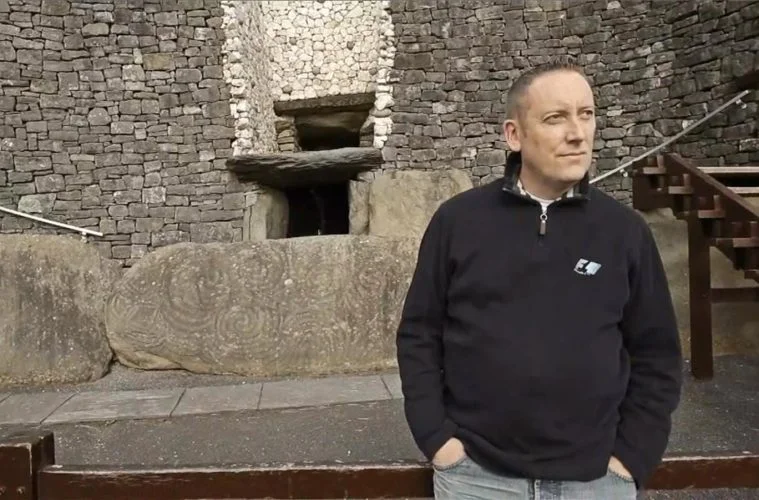
There is a lot that we don’t know about the past. The scientists from all around the world discover newer and newer information about the history of the world that makes them scratch their head even today. We have no idea about how the ancient people used to live. Or how did they pave the way for the future generation to become the better version from the ancient human? From discovering fire to inventing the wheel, we humans have come a long way. So long that the sky doesn’t look like a far fetched dream because we have even made that the reality. We have reached the moon, Mars, and planning to go even further to see what lies next for us. But, in search of the glimpse of the future, there are times when the past comes out in our present in order to tell us that we shouldn’t forget the fact that it existed. What we are now is because our past existed and no one can deny that fact. This story here was a reminder to all that whatever happens, we should never forget where we came for. One fine day, this discovery just happened out of the blue that changed things about the past we knew. What was the discovery? You’ll find out soon…
The Beginning…
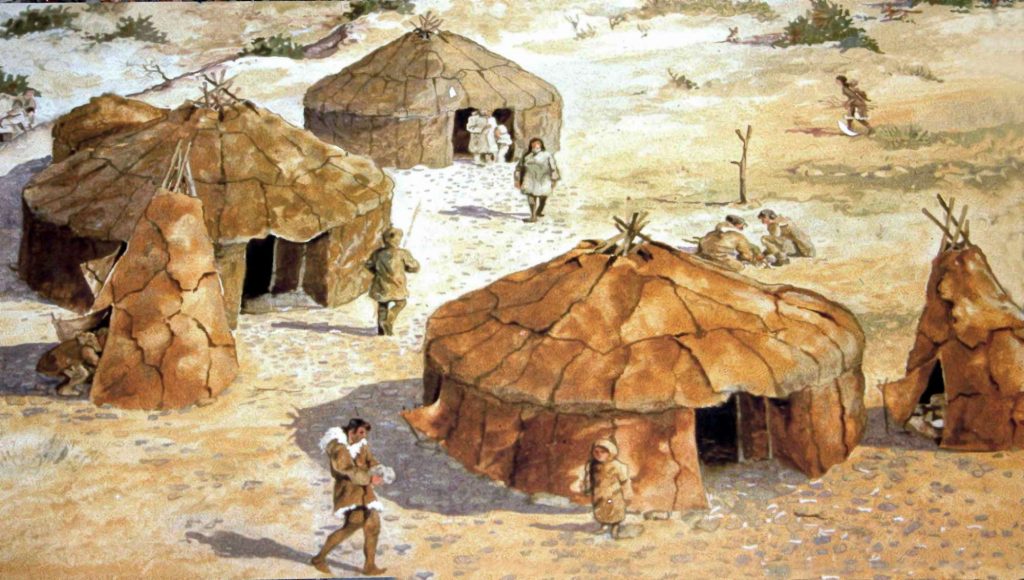
The Neolithic period or the Stone Age was the period when the ancient human started making tools from the stones which made their lives a little easier. Just like us when the invention of steam engines, the bulb, and several other inventions made then changed our way of living, the same way, the ancient people discovered techniques that helped them in paving the way for us. If those inventions wouldn’t have been made then we don’t think the human mind would have ever been able to find ways to ease their lives. But this discovery wasn’t about any past inventions but something far more greater than that.
Clever Beings
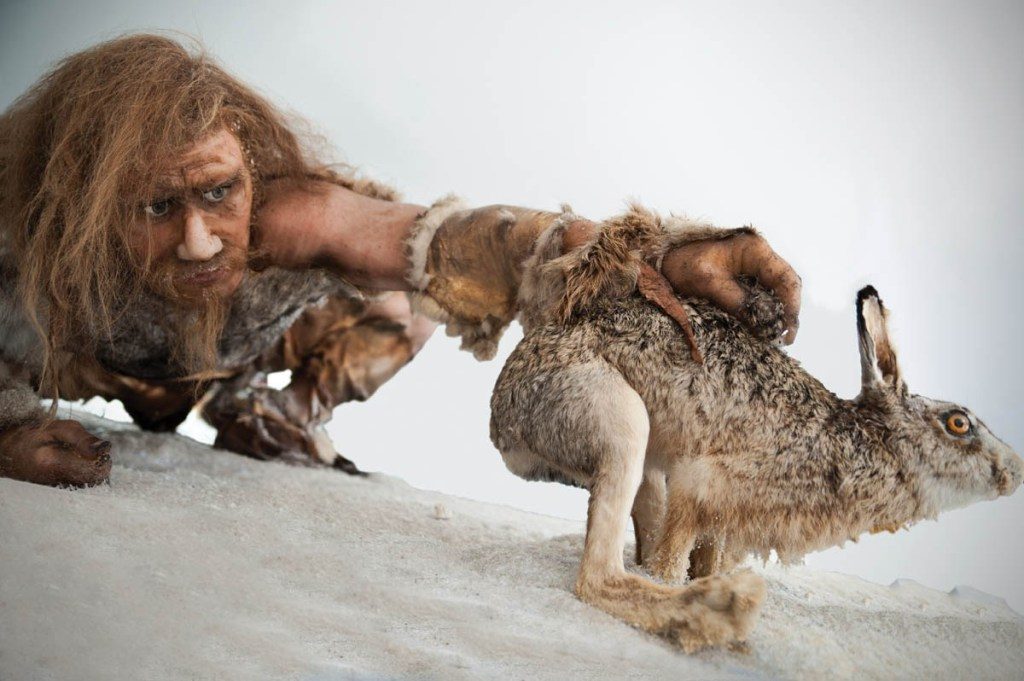
All those techniques invented by ancient humans have proved that they were clever people. During the Neolithic period, humans paid more attention to farming and especially producing healthy food supply. And this discovery proves that the ancient people were really smart when it comes to doing things. You don’t believe us then just wait until you see the discovery which was made that changed the misconception about the ancient humans of being not so smart.
The Drought In Ireland
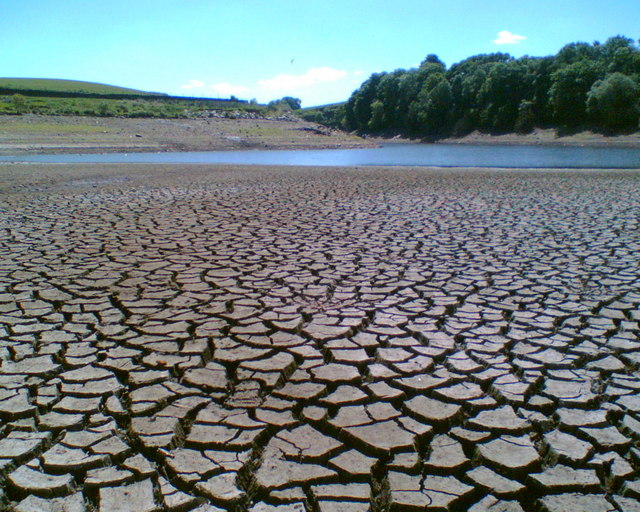
Ireland is located in the extreme west of Europe. Surprisingly, Ireland was never conquered by the Romans. But that’s a good thing. The city didn’t attract the Romans otherwise just like other cities where the Romans destroyed several ancient sites, Ireland would have also met the same fate. Today, Ireland is considered as the richest island which has many famous archeological sites in one place.
Rich In Sites
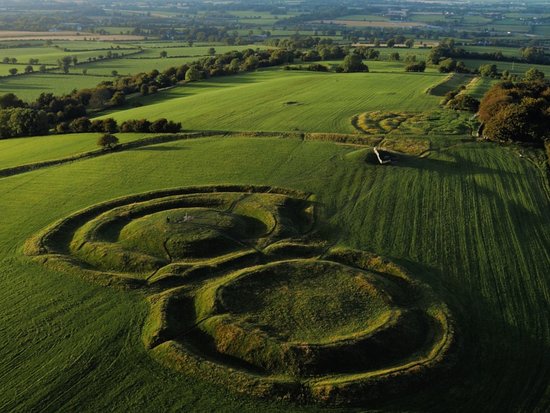
Archeologists from all around the globe visit Ireland to study more about the Neolithic, Celtic, and Early Christian period that has archeological sites, such as Hill, The Burren, Newgrange, Glendalough, Skellig Michael, Clonmacnoise, Carrowmore, Drombeg Stone Circle, Ardmore Cathedral and Round Tower, and Innisfallen. Though archeologists know that the island is filled with some great sites, what was discovered that day was something they haven’t imagined.
The Drought
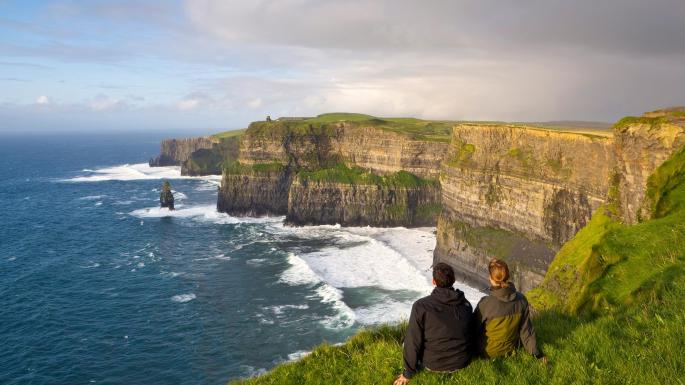
The Emerald Isle has been experiencing the worst drought in Ireland with some of the areas getting the least amount of rain after 160 years of good rainfall. According to scientists, climate change would hit Ireland in the worst way possible. So, does it mean that we are going to lose all these amazing archeological sites? But the question was why was this discovery made recently? What was the reason behind it? Was it telling us something? Was there any hidden meaning behind its revelation? So many questions, but the answer was one, this discovery.
One Good Thing About Change
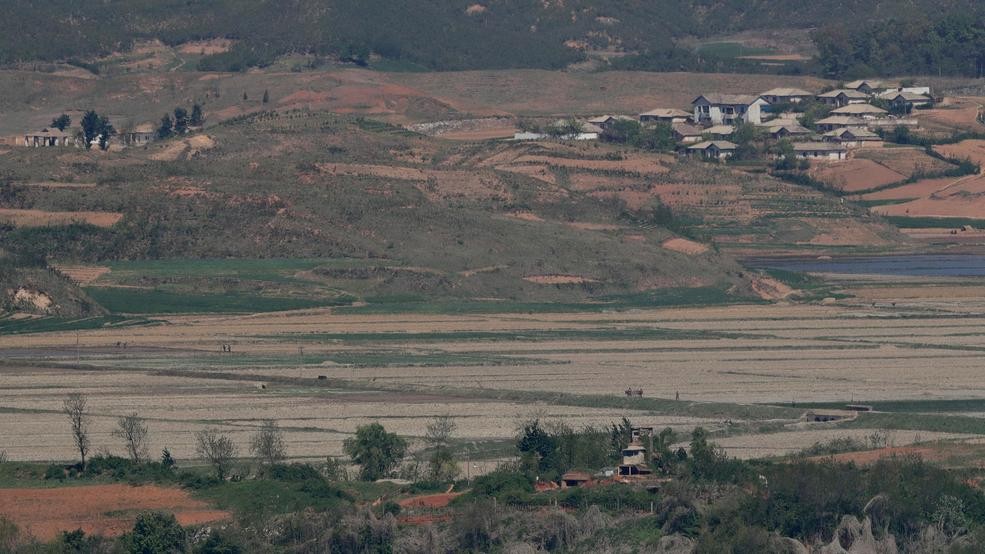
Mother nature has its way to warn us. She keeps on reminding us humans that we should not take it for granted. In past years, there has been a sudden spike in the occurrences of a natural disaster. And drought is one of them. The Emerald Isle has been going through a long dry spell. But the good thing was that it was because of the dry land we were able to spot what was hiding for centuries in a piece of land.
